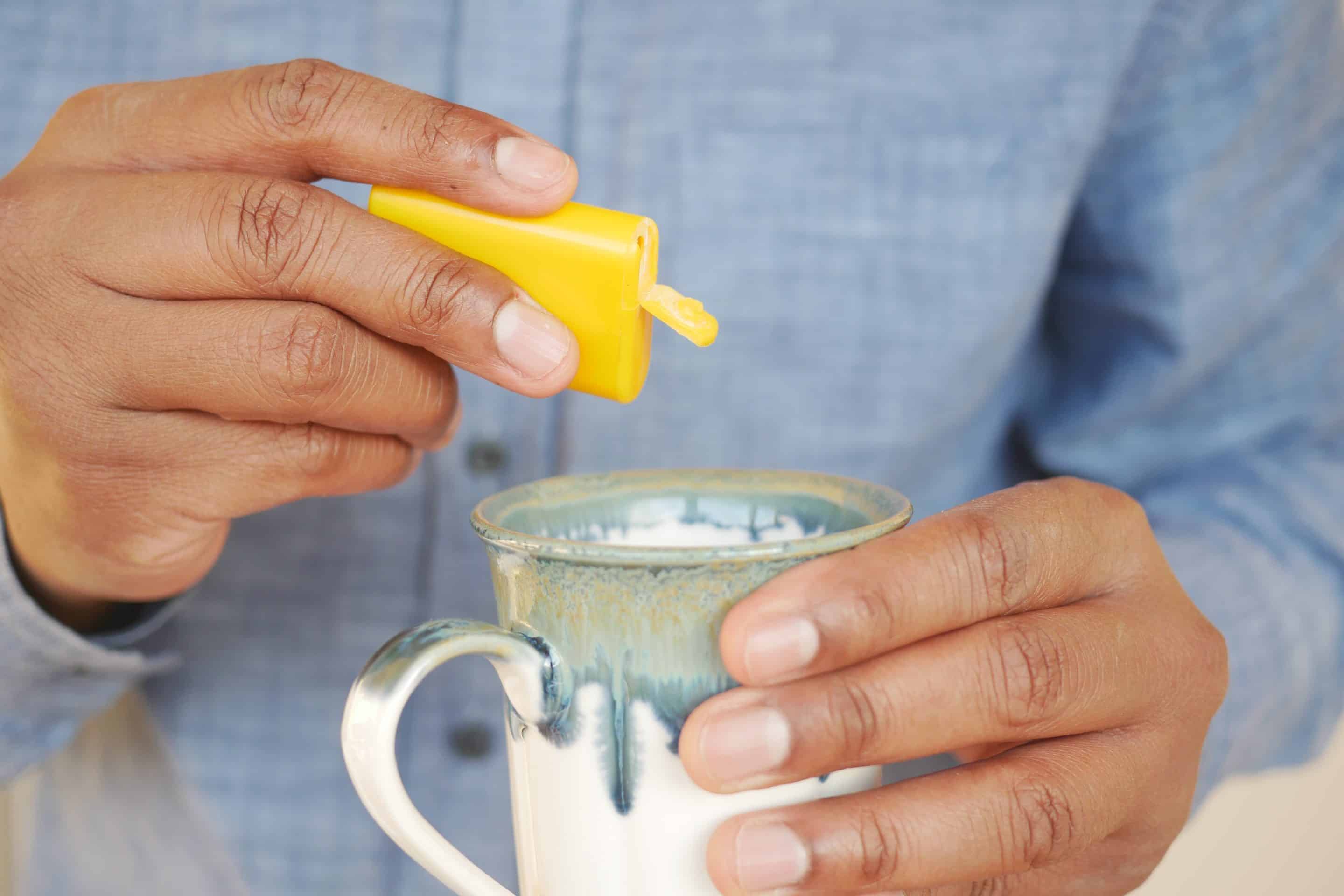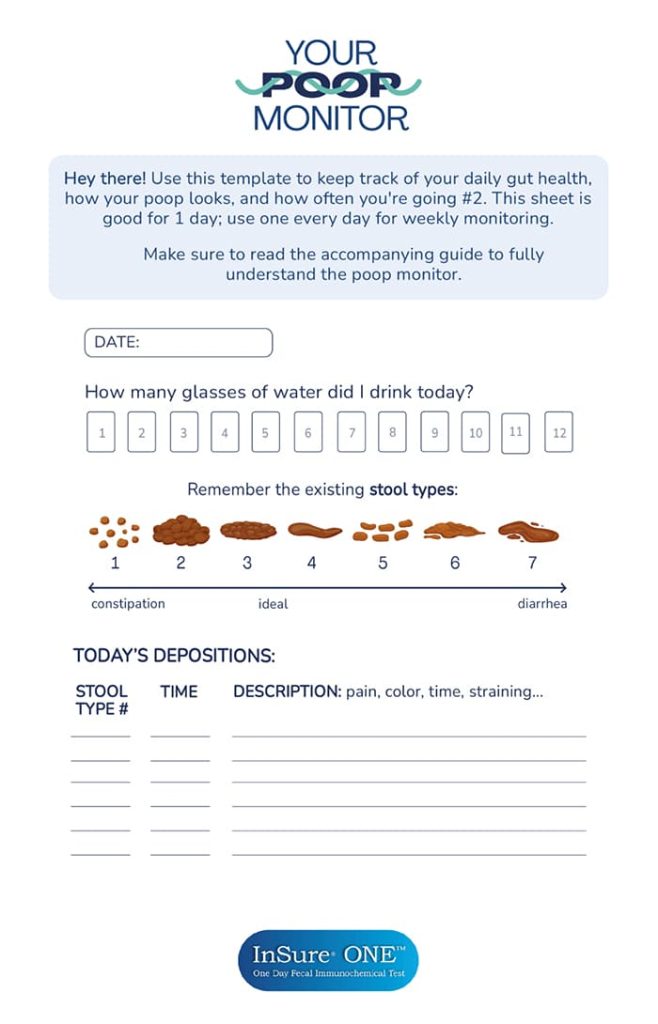As you age, maintaining your health becomes increasingly important, and for many, this includes managing blood sugar levels and reducing calorie intake. Artificial sweeteners, such as aspartame, sucralose, and saccharin, are commonly used as sugar substitutes, especially for those with diabetes or those looking to lose weight. While these sweeteners can help manage certain health conditions, they are not without their drawbacks, particularly when it comes to your gut health.
Before you reach for that sugar-free treat, it’s important to understand that artificial sweeteners may have unintended consequences, especially for your gut microbiome. The good news is that there are healthier alternatives that can satisfy your sweet tooth without compromising your digestive health. Let’s explore how these sweeteners may affect your gut and explore better options for maintaining a healthy balance.
Common Artificial Sweeteners:
- Aspartame: Found in diet sodas, sugar-free gum, and many low-calorie foods
- Sucralose: Used in baked goods, soft drinks, and ice creams
- Saccharin: Common in tabletop sweeteners and low-calorie desserts
- Acesulfame potassium: Often combined with other sweeteners in processed foods
- Stevia (purified extracts): Plant-derived but often processed with other chemicals
Artificial Sweeteners and Gut Microbiome
How do artificial sweeteners affect gut bacteria? These sweeteners have been shown to alter the composition and function of the gut microbiome—a collection of trillions of microorganisms that live in your digestive tract and play a crucial role in your overall health. Here’s how they may impact your gut bacteria:
Disruption of Gut Microbial Balance
Consuming artificial sweeteners may disrupt the natural balance of gut bacteria. A study published in Nutrients revealed that certain sweeteners, such as saccharin, could cause significant changes in gut microbial populations, leading to a decrease in beneficial bacteria. This can contribute to digestive issues, inflammation, and a weakened immune system.
Increased Risk of Glucose Intolerance
Another concerning effect of artificial sweeteners is their potential to contribute to glucose intolerance. Despite being calorie-free, some studies suggest that artificial sweeteners can trigger a metabolic response similar to sugar, often due to changes in gut bacteria. This can further increase your risk of developing type 2 diabetes.
Promotion of Inflammatory Responses
Certain artificial sweeteners have been linked to promoting inflammation in the gut, which can lead to more serious health issues if left unchecked. Sucralose, in particular, has been shown to alter the composition of gut bacteria in ways that may promote inflammatory responses. Chronic inflammation is a key factor in many age-related diseases, including heart disease and cancer.
Alternatives to Artificial Sweeteners
Instead of relying on artificial sweeteners, consider these healthier alternatives that can satisfy your cravings without compromising your gut health:
- Natural honey offers a natural source of sweetness with antioxidants and antimicrobial properties
- Maple syrup contains beneficial minerals like zinc and manganese, with a rich flavor that complements many dishes
- Coconut sugar is a lower glycemic index sweetener that contains small amounts of nutrients like iron, zinc, calcium, and potassium
- Monk fruit extract is a natural, zero-calorie sweetener that doesn’t spike blood sugar levels or negatively impact gut bacteria
- Raw stevia or pure stevia, unlike processed stevia, has a minimal impact on gut health
Taking control of your health means making informed choices about what you consume. While artificial sweeteners might seem like a convenient solution, understanding their potential impact on your gut health is crucial. By opting for natural alternatives, you can enjoy sweet flavors while supporting a healthy and balanced gut microbiome.
*If you have diabetes or other health conditions, consult your doctor before using any of the mentioned sweeteners. They can advise you on the best choices for your health. *
References:
- Del Pozo, S., Gómez-Martínez, S., Díaz, L. E., Nova, E., Urrialde, R., & Marcos, A. (2022). Potential Effects of Sucralose and Saccharin on Gut Microbiota: A Review. Nutrients, 14(8), 1682. https://doi.org/10.3390/nu14081682
- Susan E. Swithers, Artificial sweeteners produce the counterintuitive effect of inducing metabolic derangements,Trends in Endocrinology & Metabolism,Volume 24, Issue 9,2013, Pages 431-441, ISSN 1043-2760, https://doi.org/10.1016/j.tem.2013.05.005.
- Aguayo-Guerrero, J. A., Méndez-García, L. A., Solleiro-Villavicencio, H., Viurcos-Sanabria, R., & Escobedo, G. (2024). Sucralose: From Sweet Success to Metabolic Controversies-Unraveling the Global Health Implications of a Pervasive Non-Caloric Artificial Sweetener. Life (Basel, Switzerland), 14(3), 323. https://doi.org/10.3390/life14030323
- Stefanis, C., Stavropoulou, E., Giorgi, E., Voidarou, C. C., Constantinidis, T. C., Vrioni, G., & Tsakris, A. (2023). Honey’s Antioxidant and Antimicrobial Properties: A Bibliometric Study. Antioxidants (Basel, Switzerland), 12(2), 414. https://doi.org/10.3390/antiox12020414
- Saraiva, A., Carrascosa, C., Ramos, F., Raheem, D., Lopes, M., & Raposo, A. (2023). Coconut Sugar: Chemical Analysis and Nutritional Profile; Health Impacts; Safety and Quality Control; Food Industry Applications. International journal of environmental research and public health, 20(4), 3671. https://doi.org/10.3390/ijerph20043671
- Cleveland Clinic (2021) Is Monk Fruit a Healthy Sweetener? https://health.clevelandclinic.org/why-you-should-use-monk-fruit-sweetener.

